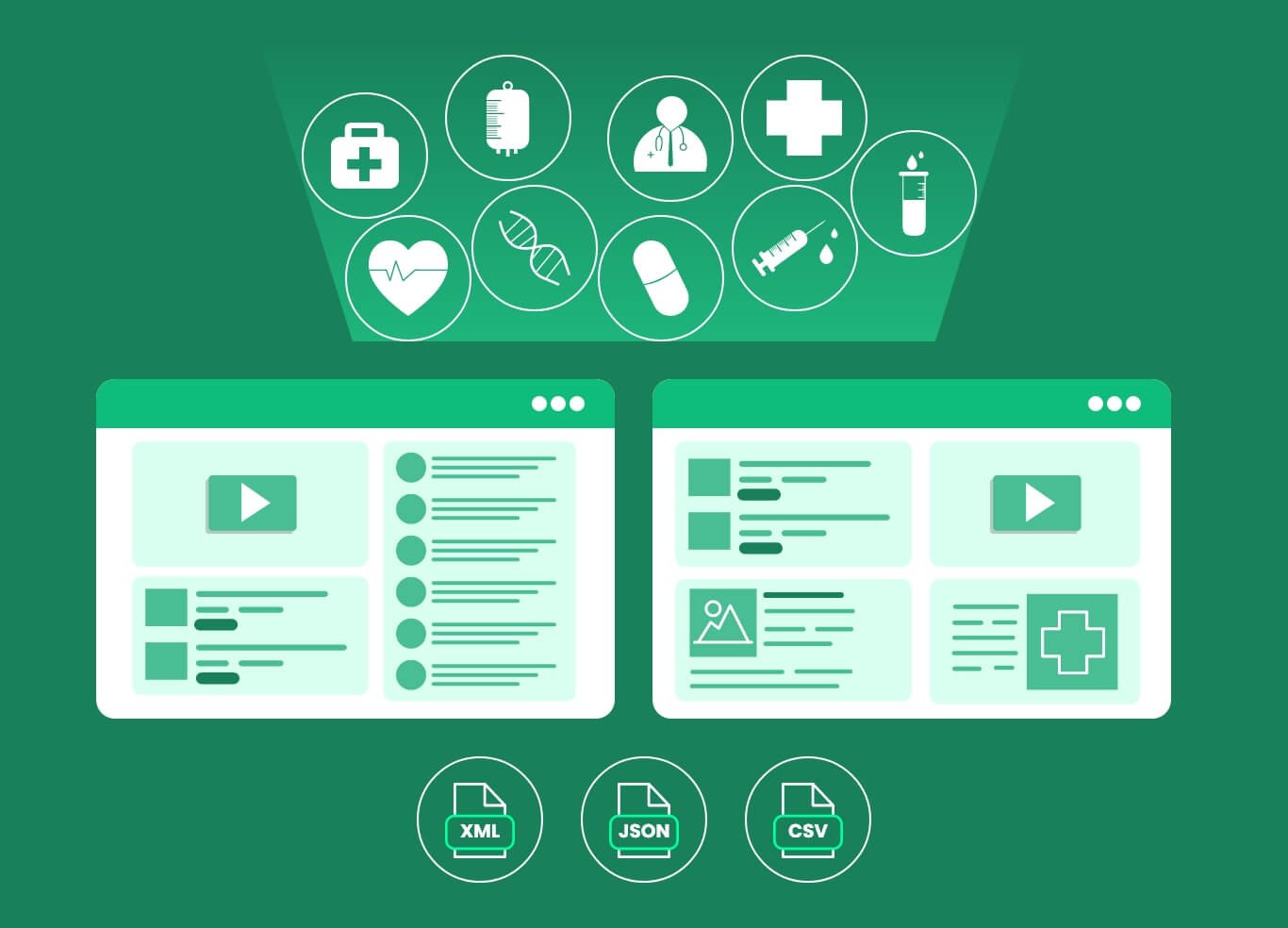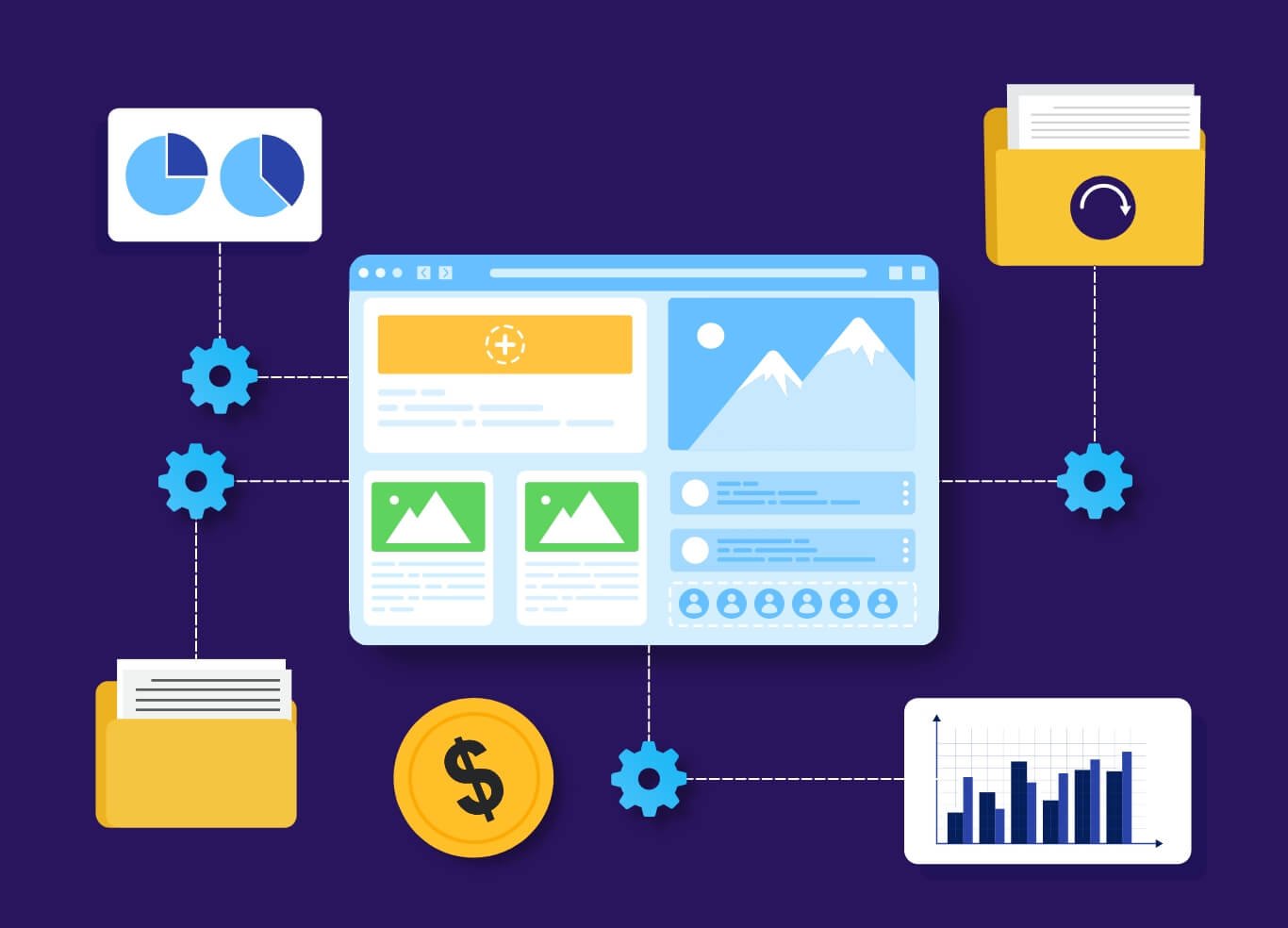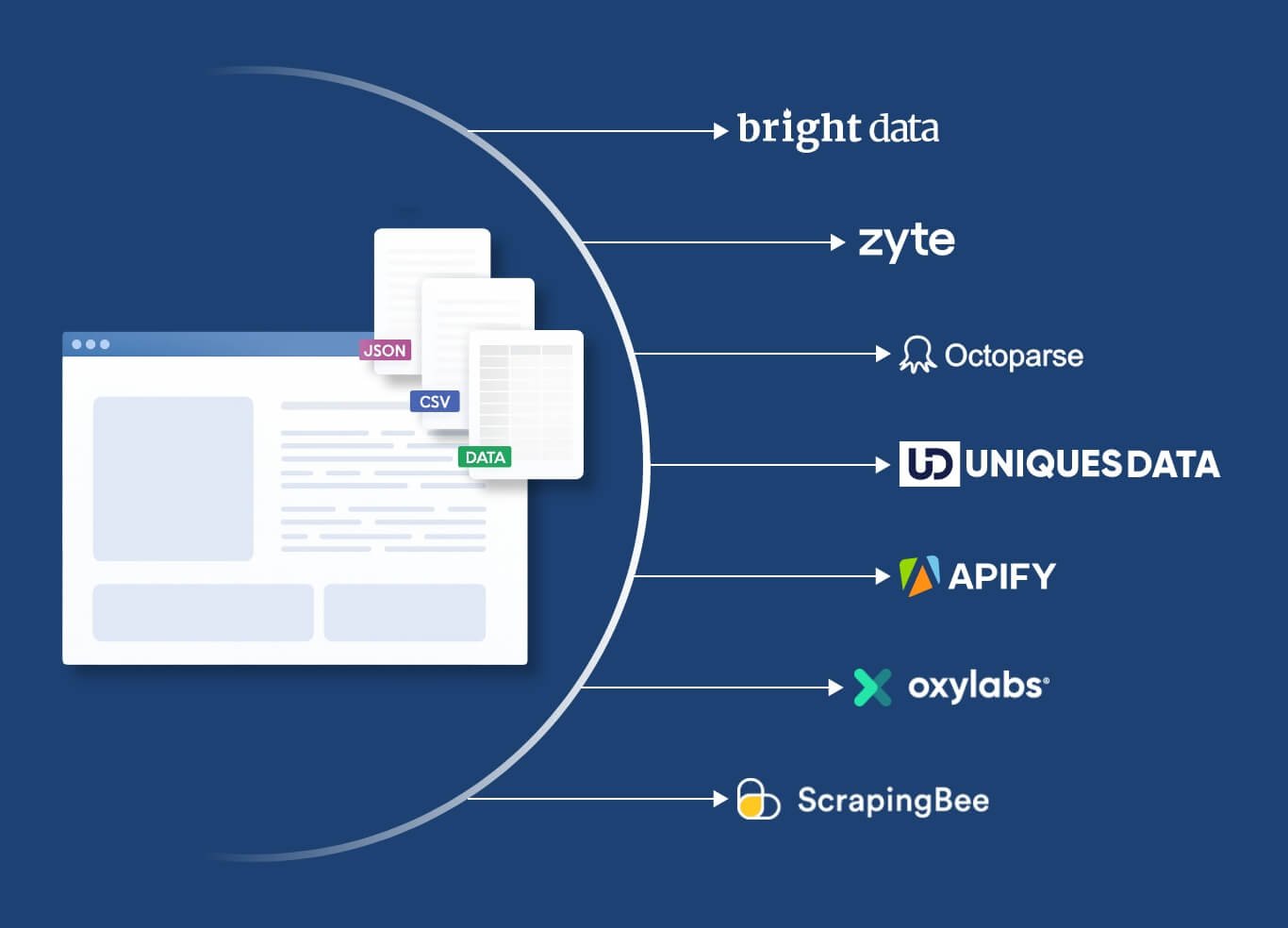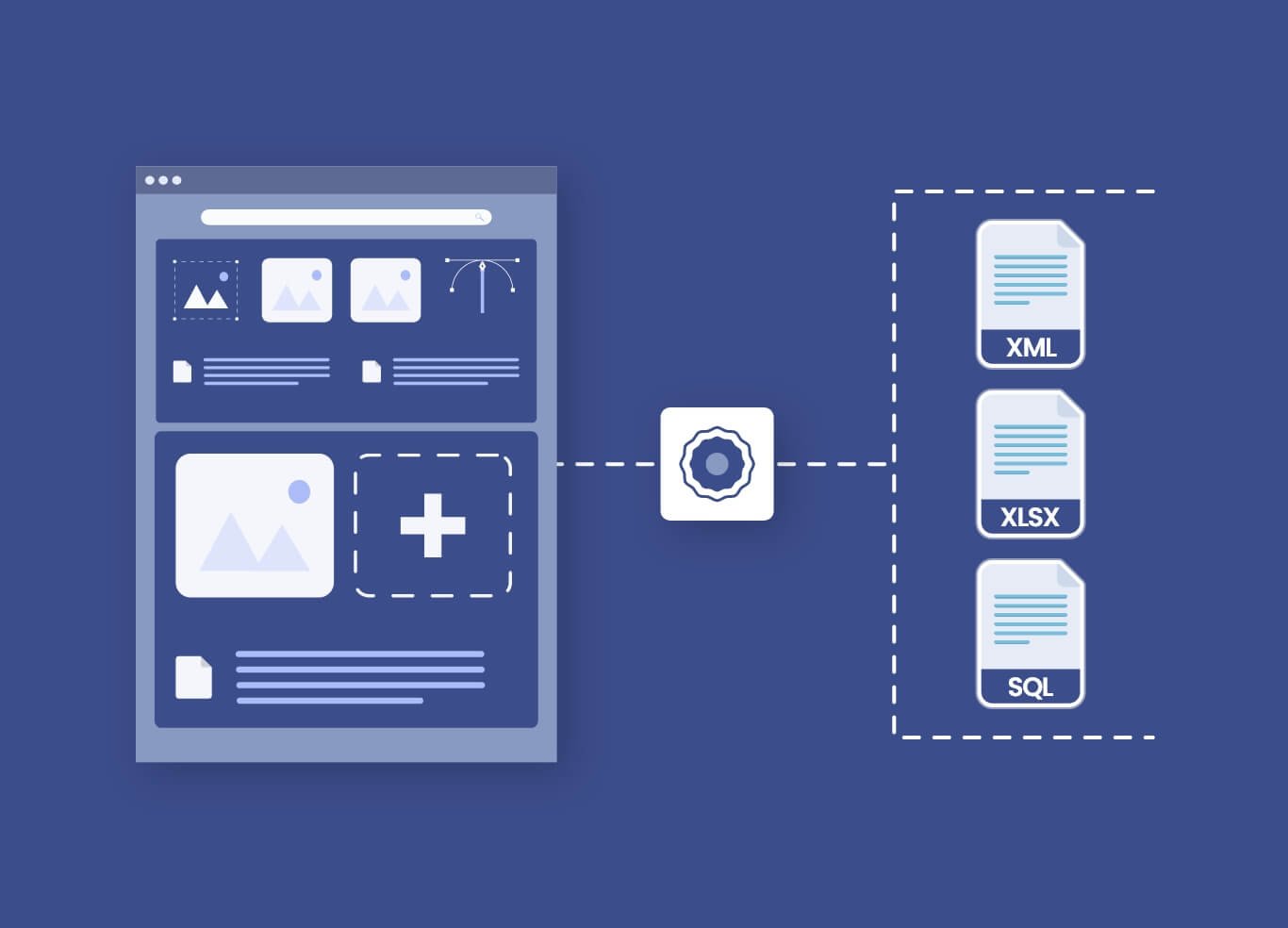In the digital age, where data is the most significant resource, industries in the economy heavily rely on data. The vast amount of data is available in various formats and can be extracted from multiple sources. With easy accessibility of data, businesses from various industries use data for various purposes and make informed decisions based on valuable insights. As the economy is vast, optimum utilization of data brings valuable solutions, enabling professionals to have hands-on accurate information. Typically, the use of data in any sector is multipurpose, redefining strategic approaches and decisions and streamlining daily operations for greater efficiency. In a large economy where every sector competes to stay ahead, healthcare utilizes data for various purposes.
As the healthcare industry continually evolves with technological advancements and innovation, it significantly leverages the power of data. Public health is a major concern, and to ensure everyone remains safe and healthy, data is collected every year on a variety of basis. Moreover, medicine use, price, drug usage, and more are identified in order to provide significant medicine for the health problem. Such data is crucial for healthcare professionals to analyze and report accordingly, enabling them to make informed decisions. Since data is a valuable source and readily available online, a data extraction service empowers healthcare professionals, giving them access to relevant information and enhancing their control over patient care and research.
The Internet is a massive source of information, where obtaining desired and relevant data has become a tedious task due to its vast volume, the risk of misinformation, irrelevance, and more. This is why healthcare web scraping services are crucial for gathering information related to drug databases, medical directories, health issues, and other relevant topics. However, it’s important to note that web scraping should always be conducted in an ethical manner, respecting data privacy laws and the terms of use of the websites being scraped. Let’s briefly understand what web scraping is and its benefits in the healthcare sector.
Web Scraping Services for Enhanced Healthcare Services
Brief Insights to Data Scraping Solutions
In the digital revolution, businesses across various sectors use data for different purposes. The Internet is a vast pool of information, but extracting relevant data as desired is a cumbersome and time-consuming task. Millions of websites and platforms contain crucial information that is useful for several purposes, but the Internet may also contain insignificant details, inconsistencies, or more. Therefore, for industries and businesses to obtain hands-on, accurate data, web data mining services play a critical role.
It is often referred to as web scraping services, as it involves collecting data from websites through an automated process and extracting information in bulk as needed. In the digitally driven world, where a single piece of information holds high value, web scraping has become one of the most efficient and comprehensive methods for fetching data from multiple online platforms, relieving healthcare professionals from the burden of manual data collection and saving them valuable time.
As a matter of fact, it has emerged as a vital approach for various businesses to gather and use data from the Internet. Web scraping requires significant technologies and tools to enhance the efficiency of outcomes and mining processes. Not only for collecting a few pieces of information, but data extraction solutions are also valuable for market research, which includes trends, patterns, market forecasts, and more. Additionally, they support lead generation for sales and marketing teams, price monitoring, competitor research, and more. From faster collection to accurate insights, data extraction automation offers a plethora of benefits to businesses; key advantages are;
- Reduced time and effort
- Gain competitive edge
- Detailed market research
- Efficient lead generation
- Efficient data extraction
- Targeted data analysis
- Informed decision making
These are key benefits of data extraction from web sources. As beneficial as the approach is, the healthcare industry must have access to the desired data and make informed medical decisions accordingly. Medical data mining is no different. However, it is extremely resourceful for the industry to gather specific information on medical directories, drug databases, health graphs, public health, and more. Here’s a detailed insight on healthcare web scraping services.
What is Healthcare Web Scraping and Its Growing Importance
As the data-driven world has transformed businesses to upscale their operations in the competitive market, web data mining services are a prominent solution. As a matter of fact, web scraping has rapidly become popular in the market, especially in the healthcare industry. Collecting data from a vast pool of information enables hospitals, medical facility centers, and other organizations to gather and analyze large amounts of data from web sources.
Moreover, having hands-on information results in improved patient care and better resource optimization, which is helpful for medical research. Pharmaceutical companies also leverage the power of medical web scraping solutions to monitor drug prices and usage and strategize approaches, staying ahead of market trends. Typically, pharmaceutical data scraping focuses on collecting data for drug databases and monitoring prices across different regions. Above all, web scraping in healthcare applications is various; some of the major ones are;
Healthcare Web Scraping Applications
Web scraping for public health monitoring
Track public health trends
Medical research and trial
Web scraping for disease outbreak detection
These are the areas in healthcare where a data extraction service is crucial for gaining insights, making informed decisions, and ensuring the smooth processing of healthcare operations. In the data-driven world, the amount of data is increasing at a rapid rate, serving as the backbone for the healthcare industry. However, along with the benefits, there are also potential risks and challenges associated with web scraping in healthcare. These considerations include legal and ethical implications, data security concerns, and the necessity for robust data management practices.
It’s essential for healthcare professionals to be aware of these challenges and to implement strategies to mitigate them. Moreover, a fair share of challenges comes along the way, but medical data web scraping ensures that it offers detailed insights for strategic solutions. Let’s explore how drug database extraction and medical directories are helpful.
Medical Directories Scraping & Drug Database
As briefly discussed, web scraping and its role in healthcare will provide real-time insights into the availability of specialized doctors in a particular region, making it more advantageous. Additionally, being able to analyze the reported side effects of a new medication across various platforms, regions, different medical conditions, and more.
This is where healthcare web scraping services become a vital part of medical professionals. By automating the extraction of structured data from publicly available sources, healthcare organizations, researchers, and even patients can gain unprecedented access to a wealth of information. Here’s how web scraping can be transformative in gathering medical directories and drug databases;
Medical Directories Scraping
- Up-to-date Provider Information: Medical directories often contain detailed information about healthcare professionals, including their specialties, affiliations, contact information, and even patient reviews. Scraping this data can help patients find suitable doctors, clinics, and pharmacies. Allow hospitals to analyze competition, enhance patient care service, recruit new doctors, study physician distribution, identify underserved areas, and assess access to specific medical expertise.
- Specialty and Subspecialty Analysis: By scraping detailed profiles and information, it enables the analysis of the concentration of specialists in various locations, countries, and smaller regions. Moreover, the extraction of information identifies emerging medical trends and supply and demand for specific healthcare services in villages and small towns. Many directories also include patient ratings and reviews, enabling users to select the right and renowned doctor. Scraping and analyzing this qualitative data can provide valuable insights into patient satisfaction, areas for improvement in care delivery, and even identify top-performing medical professionals.
Drug Databases Scraping for Efficiency and Medical Development
- Comprehensive Drug Information: Public drug databases, pharmaceutical websites, and regulatory bodies often publish extensive information on medications, including drug names, uses and indications, dosage, side effects, reactions, overdose information, medical care precautions, and warnings. All this helps in offering detailed insights into how much to use the drug, overdosage impacts, and more.
- Real-time Drug Safety Monitoring: Web data mining services can be utilized to continuously monitor new drug approvals, trial stages, post-market surveillance data, and public discussions on drug side effects, all while adhering to careful ethical considerations. This can aid in the early detection of potential safety issues, allow medical professionals to safeguard public health, and more.
- Comparative Analysis of Medications: Researchers can scrape data from various drug databases to compare the efficacy, side effect profiles, and pricing of different medications for similar conditions.
- Clinical Trial Data: Information on ongoing and completed clinical trials, including their phases, outcomes, and recruiting status, can be scraped from registries, providing invaluable insights for research and drug development.
This is where web scraping is helpful in the healthcare industry. Drug information and medical directories ensure that professionals can make informed decisions and ensure public health safety. In fact, the importance of web scraping in the medical industry extends beyond its use in research, clinical trials, and other areas, as it enables medical experts to stay proactive in making healthcare decisions and delivering effective care.
Since information scraping is done through the Internet, rules, regulations, and privacy policies must be followed to avoid any legal issues. However, there is a key difference between data extraction and data scraping, as fetching information from online web sources must adhere to ethical practices. Discover in detail about web scraping ethical practices.
Ethical and Legal Practices in Web Scraping Services
Data scraping is the most popular approach in the growing economy, enabling businesses to obtain hands-on, detailed information for further processing. While the benefits are clear, web scraping in healthcare is a sensitive and potentially legal issue if not performed ethically. Gaining information from websites without consent is considered an unethical practice that must be avoided. It’s paramount to operate with the utmost ethical responsibility and strict adherence to legal frameworks, especially when it comes to patient data. Following are some of the legal and ethical practices for medical data mining.
Legal Practices for Medical Data Mining
HIPAA Compliance
Copyright and Intellectual Property
Transparency
Terms of Service
Data Minimization
Beneficence
Server Load and Website Stability
- HIPAA Compliance: The Health Insurance Portability and Accountability Act (HIPAA) in the United States sets stringent rules for protecting Protected Health Information (PHI). When scraping healthcare data, it is crucial to ensure that no PHI is collected, or if inadvertently collected from public sources, it is immediately and thoroughly de-identified.
- Terms of Service: Always review and respect the website’s Terms of Service. Many websites explicitly prohibit or restrict the automated collection of data. Violating ToS can lead to legal action, IP blocking, or even account termination.
- Copyright and Intellectual Property: While facts and data generally aren’t copyrighted, the way they are presented (e.g., specific text, design elements) can be. Ensure your scraping activities do not infringe on copyrighted material.
- Data Minimization: Only collect the data necessary for your intended purpose. Avoid scraping excessive or irrelevant information, especially if it is sensitive.
- Transparency: If possible and appropriate, be transparent about your scraping activities, especially for research purposes.
- Beneficence: Ensure your web scraping project aims to benefit individuals or society, not solely for commercial gain without a clear public interest.
- Server Load and Website Stability: Implement intelligent delays and rate limits to avoid overwhelming the target website’s servers. Scraping during off-peak hours can also minimize impact.
These practices and ethical regulations can help web scrapers avoid unethical practices and ensure that they gain information rightfully. As the approach is sensitive and demands keen attention throughout the mining process, partnering with the best web scraping services companies is one of the reliable solutions. As a matter of fact, outsourcing web data scraping services ensures accuracy, efficiency, and data security for healthcare professionals. Additionally, third-party service providers strictly adhere to ethical practices and HIPAA compliance to avoid any legal processes.
Uniquesdata is a top outsourcing data scraping company in India with significant years of experience and a team of experts. Cost-effective and tailored solutions bring a holistic approach with streamlined operations. Uniquesdata is well-equipped with the latest technologies and software, along with best-in-class infrastructure, to overcome any challenge.
Concluding Remarks
Web scraping services have proliferated, considering the amount of data in the market. The healthcare industry harnesses the power of data for streamlined services, enhanced patient care, and improved medical research, utilizing data gathered from web sources.



